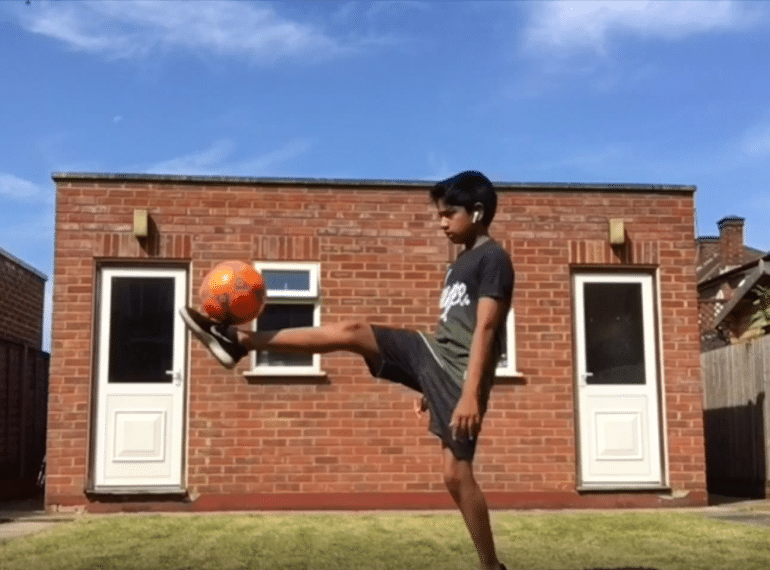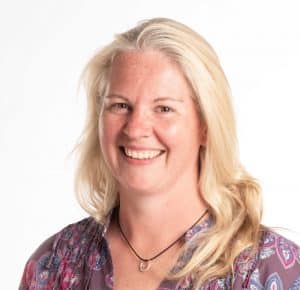
Here is our latest summary of news and innovative developments from across the departments.
Robert Hyland, Head of English
 Colleagues have really embraced the virtual environment. For example, Year 7 can virtually explore Mars before describing its environment, while Year 8 students are producing their own portfolio celebrating Kindness in a Crisis. Year 12 have benefited from excellent video lectures on topics as diverse as the critical reception of Hamlet and the poetry of Wilfred Owen. Micah King’s YouTube channel, which includes detailed analyses of poems from the GCSE anthology originally designed as a Year 11 revision resource, are now proving invaluable for Year 10. Staff have been experimenting with online forums to facilitate discussion – a vital element in English learning.
Colleagues have really embraced the virtual environment. For example, Year 7 can virtually explore Mars before describing its environment, while Year 8 students are producing their own portfolio celebrating Kindness in a Crisis. Year 12 have benefited from excellent video lectures on topics as diverse as the critical reception of Hamlet and the poetry of Wilfred Owen. Micah King’s YouTube channel, which includes detailed analyses of poems from the GCSE anthology originally designed as a Year 11 revision resource, are now proving invaluable for Year 10. Staff have been experimenting with online forums to facilitate discussion – a vital element in English learning.
We have also shared wider enrichment available on the internet. In mid-April, Year 10 were scheduled to visit the Globe Theatre to see Romeo and Juliet; instead, the Globe fortuitously released a performance on YouTube.
After the success of the Brave New World poetry challenge, we are planning more competitions.
Teachers are making time for their own professional development: in a pedagogical reading club within the department, colleagues will be reading a book about English teaching and discussing it via Zoom.
I and Crispin Bonham-Carter have been using audio files to give whole-class feedback and explain misconceptions, and Sarah Snowdon has enjoyed the advantages of clarity and efficiency that online marking gives. When the School closure is over, we’re hoping that some of what we’ve learnt will stay with us!
Ruth Partington, Director of Music
 Our Virtual Concert Programme is proving popular, with the Year 10 launch concert up to 355 views at the time of writing. The first-round deadline for recordings for our Virtual Orchestra and Virtual Choir concerts falls this week: I strongly encourage all instrumentalists and singers to seize the chance to get involved. Cultural activities at this time are important – and Music is a great way to enrich body, mind and soul – but these fantastic opportunities are only viable with sufficient engagement.
Our Virtual Concert Programme is proving popular, with the Year 10 launch concert up to 355 views at the time of writing. The first-round deadline for recordings for our Virtual Orchestra and Virtual Choir concerts falls this week: I strongly encourage all instrumentalists and singers to seize the chance to get involved. Cultural activities at this time are important – and Music is a great way to enrich body, mind and soul – but these fantastic opportunities are only viable with sufficient engagement.
After half-term, we have a weekly year-group concert. We will shortly be calling for boys to record performances. So, start practising and planning! Recordings can be audio-only or videos; we welcome a range of performance styles, instruments and genres.
All boys learning an instrument are having weekly lessons via Skype or Zoom. At GCSE and A-level, we are using tools such as multi-media PowerPoints and encouraging boys to use free online music notation programs.
In Key Stage 3, boys are working on Music Theory – a subject surrounded by myths! In reality, its study is not just advantageous, but utterly essential to deepening understanding and appreciation, and to improving our abilities. It allows us to understand how Music has been put together by spotting patterns, rules and sequences. We can then apply these, improving sight-reading, improvisation and composition skills. Resources are available on eQE and we are offering dedicated Music Theory forums for all grades and levels.
Jonathan Hart, Director of Sport
 The PE department has the unique challenge of keeping everyone active and healthy in this very difficult period. Taking into consideration each pupil’s possible living situation means that we have to be creative with our activities and provision in the hope that all pupils can take part and feel as though they are still part of the QE community.
The PE department has the unique challenge of keeping everyone active and healthy in this very difficult period. Taking into consideration each pupil’s possible living situation means that we have to be creative with our activities and provision in the hope that all pupils can take part and feel as though they are still part of the QE community.
We are releasing a fun and exciting challenge each week for everyone to take part in and giving awards for the best-designed workout. We have been giving advice on diet and nutrition in an attempt to encourage pupils to take more ownership of what they eat throughout lockdown, and have also been setting three quizzes a week to keep them entertained. The web pages are divided into age-appropriate Lower School and Upper School sections.
I am pleased to say that the boys have responded well – on QE’s Instagram, you can see can the video clips some have submitted showing themselves tackling the weekly challenges, which have included activities such as the plank challenge (exercises designed to strengthen the core and build up endurance) and football ‘keepy uppy’.
Moving forward, the department is in the process of setting up our very first virtual inter-House competition!
Surya Bowyer, Head of Library Services
 In addition to a carefully curated selection of content aimed specifically at boys in lockdown, we have now launched Roundness – our own cross-disciplinary podcast. Episode 1, entitled I don’t believe in climate change, is about the weather – whether the weather is important (or not), about how we understand big, faceless things like the weather, and about how slippery the truth can be…You can listen and subscribe to Roundness on Apple Podcasts, Spotify, or whichever app you get your podcasts from, or you can listen directly from the eQE Roundness page.
In addition to a carefully curated selection of content aimed specifically at boys in lockdown, we have now launched Roundness – our own cross-disciplinary podcast. Episode 1, entitled I don’t believe in climate change, is about the weather – whether the weather is important (or not), about how we understand big, faceless things like the weather, and about how slippery the truth can be…You can listen and subscribe to Roundness on Apple Podcasts, Spotify, or whichever app you get your podcasts from, or you can listen directly from the eQE Roundness page.
The Library’s extensive eQE pages include a Book of the Week, as well as a host of other recommended reading on the Lockdown Reading page, some of it recommended for particular age groups, some suitable for all. There are quick links to huge selections of free e-books and to free audiobooks. And there is our own Virtual Culture guide to virtual museums and galleries for lockdown and beyond. The Arabella magazine, covered elsewhere in this edition of QE Update, is hosted by the Library’s eQE section.
One coping strategy when we face a crisis like Covid-19 is to document our experiences in some way. More than 350 years ago, that was exactly what Samuel Pepys, a young civil servant living in London, did in his diary when the capital was hit by the Great Plague in 1665 – the worst epidemic to hit England since the Black Death of 1348. His reaction, and that of his fellow Londoners, is set out in a dedicated eQE page: it is, I think, a fascinating read, especially at this time, and the whole section is copiously illustrated, too.
